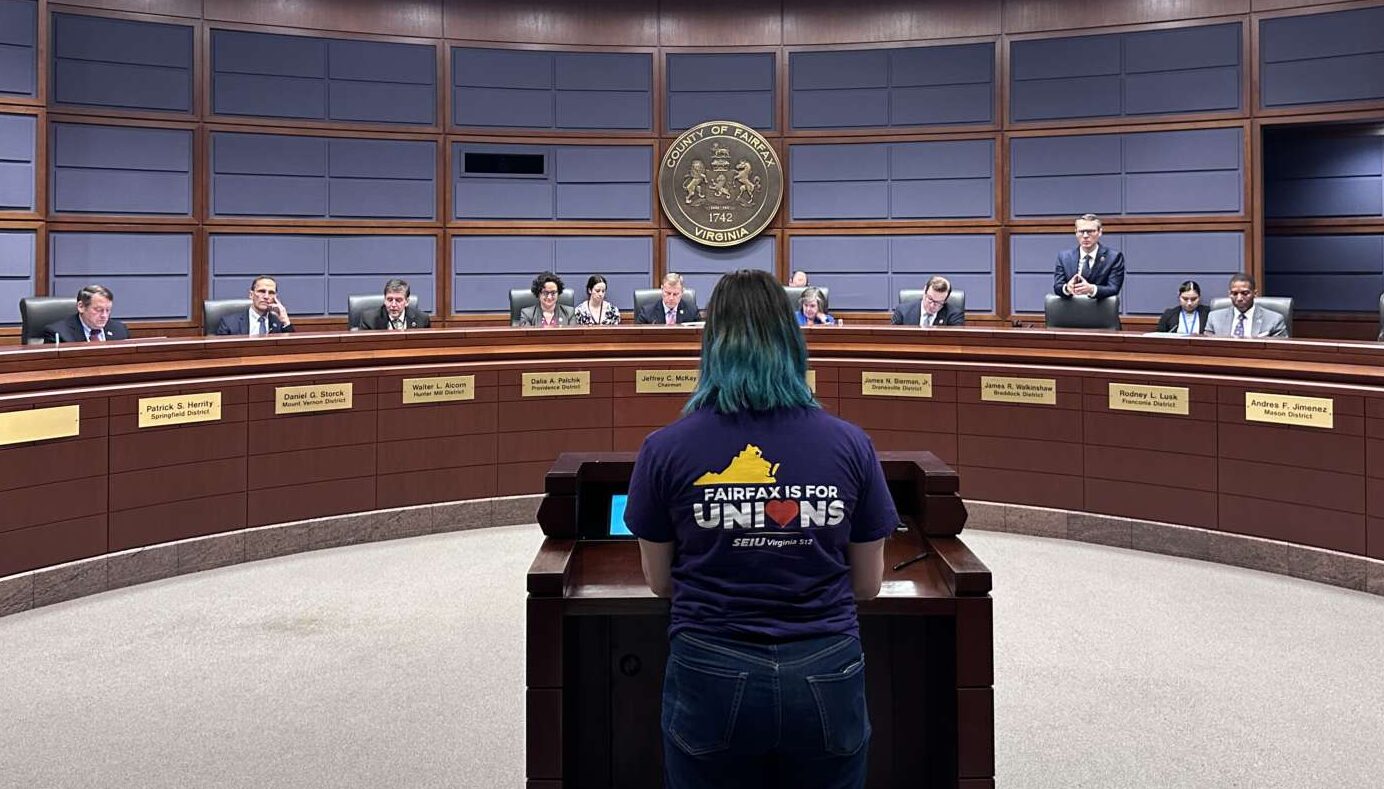
This is a sponsored column by attorneys John Berry and Kimberly Berry of Berry & Berry, PLLC, an employment and labor law firm located in Reston Town Center that specializes in federal employee, security clearance, retirement, and private sector employee matters. They write biweekly on RestonNow.
On July 7, 2014, President Obama signed into law the Intelligence Authorization Act for Fiscal Year 2014, which made some changes to the existing security clearance process. These changes were not widely reported in the media and many provisions still have not been fully implemented.
The new law puts into effect two key changes for security clearance holders: (1) continuous monitoring and (2) annual reporting requirements. Title V of the new law requires the Director of National Intelligence (DNI) to:
- Ensure that the background of each employee, officer, or contractor of the intelligence community is monitored continuously to determine his or her eligibility for access to classified information; and
- Develop procedures to require sharing of potentially derogatory security information concerning an employee, officer, or contractor of the intelligence community that may impact the eligibility of such individuals for a security clearance.
While the law does not immediately implement these two changes (or explain how the new continuous monitoring system will work), it essentially tasks the DNI with designing a new system to monitor cleared federal employees and contractors so that security concerns get identified as soon as possible.
In the past, clearance holders often had additional time, between their 5- or 10-year renewals before negative information (e.g., an arrest, civil issue, or other security concern) was identified. This has caused a number of concerns such as in the Navy Yard shooting. Even though cleared employees often had a duty to report these issues as they arose, the new provision is designed to enact a process whereby such issues will be identified earlier. The purpose behind the new continuous monitoring system is explained more in this article on the PBS Newshour website.
The law also requires that the DNI develop new procedures for sharing security concerns about a clearance holder between different government agencies responsible for clearance decisions. Another important change in Title VI of the new law includes a number of new whistleblower protections for CIA, DIA, NGA, NSA, DNI, and NRO employees that prohibit retaliation by these agencies for lawful whistleblower disclosures. While the new law leaves a number of issues to be defined, it takes the first step toward tightening the process for clearance holders in maintaining their security clearances.
Our law firm represents and advises federal employees in security clearance matters. If you need legal assistance regarding a security clearance issue, please contact our office at (703) 668-0070 or at www.berrylegal.com to schedule a consultation. Please also visit and like us on Facebook at www.facebook.com/BerryBerryPllc.





